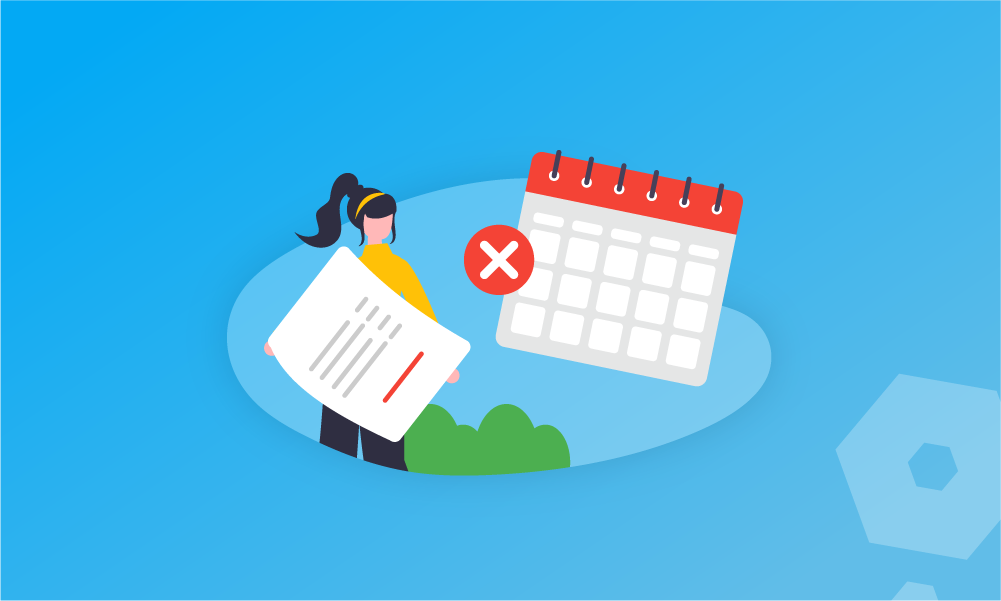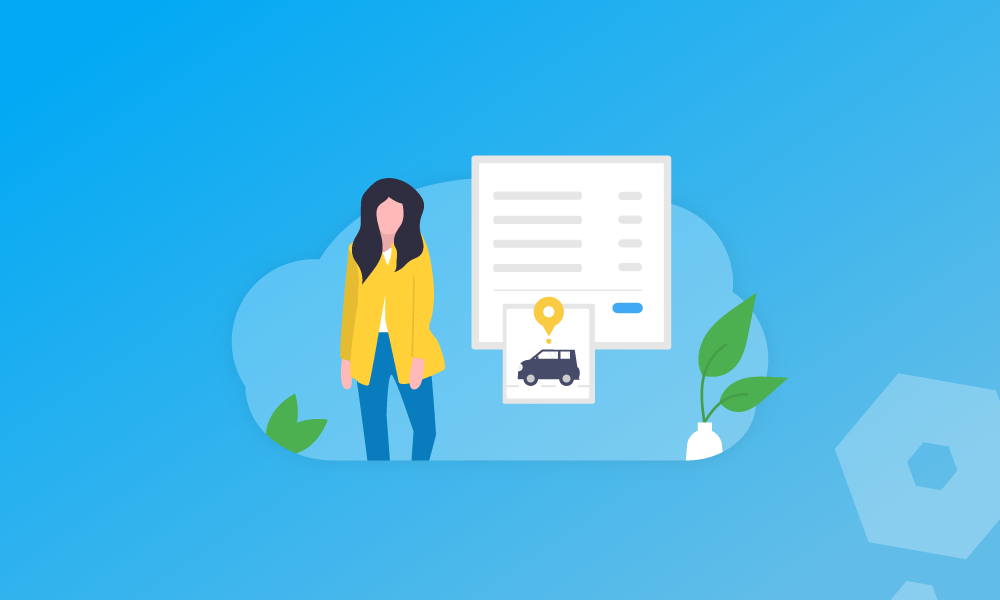HMRC allow you to claim business expenses incurred ‘wholly and exclusively’ for the purposes of your trade. Food and travel costs can be something of a grey area though, because your daily Tesco meal deal and regular commute to the office won’t qualify. Even if your meal deal is top tier.
But food and travel directly linked to business activities, such as client meetings, visiting a temporary workspace, or staying overnight for work, can (in most cases) be classed as a legitimate business expense.
Of course, everything has its limits so The Ritz and 5-star dining are off the cards. Soz. This article will explain when meal and travel expenses are classed as allowable business expenses.









